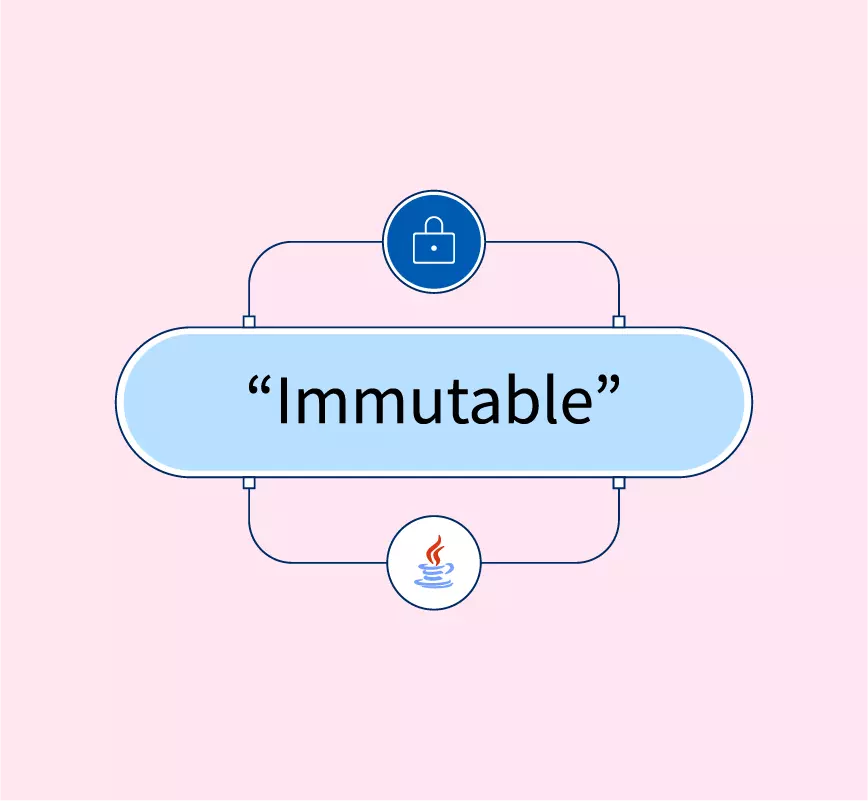Why Are Strings Immutable in Java? Comprehending the Core Principles
Why Are Strings Immutable in Java? Comprehending the Core Principles
Blog Article
What Is Immutable Strings and Exactly How It Functions
In the realm of programming, understanding the principle of immutable strings is extremely important for producing protected and durable applications. Unalterable strings refer to strings that can not be changed after they are created, making certain data honesty and predictability within the code.
The Essentials of Unalterable Strings
Immutable strings, as a basic idea in shows, are personality series that can not be changed when they are developed. This means that once a string is appointed a worth, that value can not be changed. In languages like Python and Java, strings are immutable items, bring about different implications in terms of memory monitoring and information integrity.
Among the essential advantages of immutable strings is that they give a feeling of protection in data manipulation. Since the web content of an unalterable string can not be changed, it makes certain that the initial information stays undamaged, lowering the risk of unplanned changes throughout program execution (Why are strings immutable in Java?). This home also streamlines debugging procedures, as developers can rely on that once a string is defined, its worth will certainly not be accidentally altered
In addition, unalterable strings promote reliable memory usage. When a new string is produced based upon an existing one, instead than customizing the initial string, the brand-new value is saved independently. This method boosts efficiency by lowering memory fragmentation and simplifying memory allotment procedures. On the whole, understanding the basics of unalterable strings is essential for understanding programs principles and maximizing code effectiveness.
Benefits of Immutable Strings
Building upon the protection and performance benefits of immutable strings, their advantages include boosting code integrity and streamlining simultaneous shows tasks. By being unalterable, strings can not be customized after development, which removes the danger of unexpected adjustments in the data they store. This fundamental immutability makes certain that when a string is developed, its worth stays continuous throughout the program's execution, lowering the opportunities of bugs triggered by unexpected modifications.
In addition, unalterable strings add to code reliability by making it easier to reason about the state of a program. Given that strings can not be changed, programmers can trust that a string will certainly always hold the same value, streamlining debugging and upkeep efforts. This predictability leads to extra dependable and secure codebases.

Execution in Programming Languages
Within various shows languages, the unification of immutable strings is a fundamental element that influences how information is managed and adjusted within code frameworks. The application of immutable strings varies across different shows languages, with each language using its very own mechanisms to sustain this principle.

In comparison, languages like C and C++ do not have integrated support visit this page for unalterable strings. Developers in these languages need to manually implement immutability by enforcing guidelines within their code to stop direct modifications to string things.
Finest Practices for Dealing With Unalterable Strings
When managing unalterable strings in shows languages like Java and Python, sticking to ideal techniques makes certain safe and reliable information manipulation. Among the vital finest practices is check this to make use of StringBuilder or StringBuffer rather than straight controling strings, particularly when taking care of extensive concatenation procedures. These classes offer mutable alternatives for string adjustment, aiding to avoid unneeded memory allocations and enhancing performance.
In addition, when working with sensitive data such as passwords or API keys, it is essential to prevent storing them as ordinary text in unalterable strings. Making use of safe storage space mechanisms like char selections or specialized libraries for taking care of delicate details aids mitigate safety and security risks associated with immutable strings.
Real-world Applications and Instances
Checking out useful executions of unalterable strings in numerous markets discloses their significant influence on data integrity and system dependability. In the medical care industry, immutable strings play a vital function in making certain the safety and privacy of individual data. By preventing unapproved alterations to delicate details such as clinical records and prescriptions, immutable strings aid keep conformity with stringent personal privacy regulations like HIPAA.
Economic organizations also take advantage of the unalterable nature of strings to improve the safety and security of consumer data and deal documents. Immutable strings help avoid scams and unauthorized changes to economic details, supplying a durable defense against cyber dangers and ensuring the trust and self-confidence of customers.

Final Thought
Best methods for working with immutable strings consist of staying clear of direct alterations and making use of methods that return new string items. Real-world applications of unalterable strings include data security, caching, and string adjustment jobs.
Unalterable strings refer to strings that can not be modified after they are developed, guaranteeing information integrity and predictability within the code. When a view it now new string is created based on an existing one, instead than customizing the initial string, the brand-new value is saved separately.In languages like Java and Python, strings are unalterable by default, meaning that when a string item is created, its value can not be altered - Why are strings immutable in Java?. Finest practices for functioning with unalterable strings include preventing direct alterations and utilizing techniques that return new string things. Real-world applications of unalterable strings consist of information file encryption, caching, and string adjustment tasks
Report this page